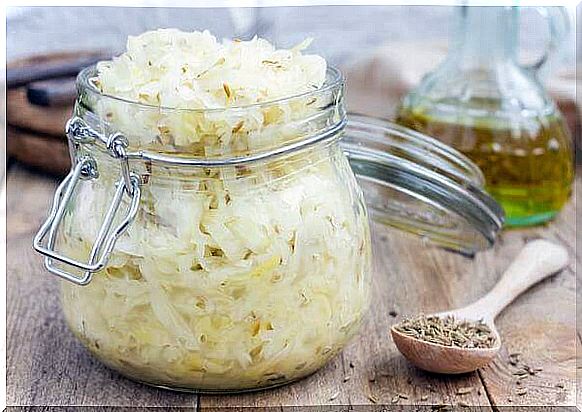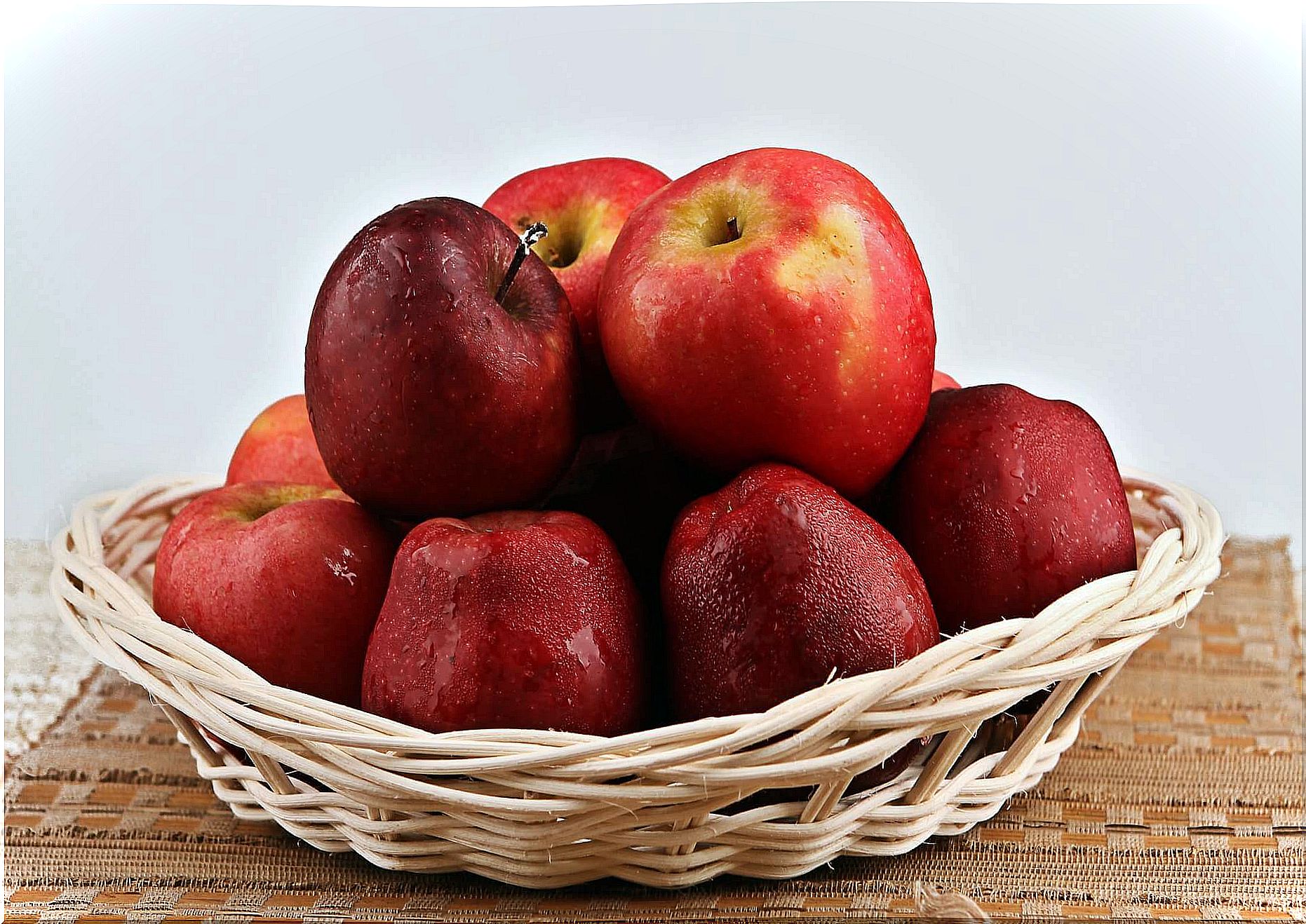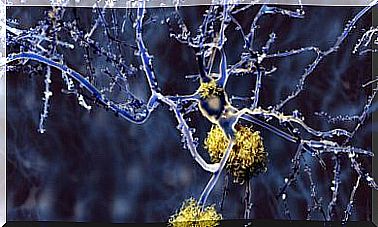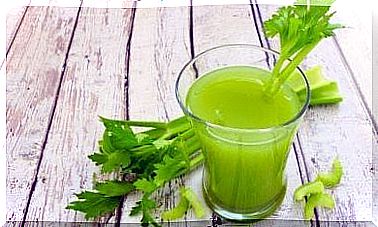10 Healthy Foods To Regulate Digestion
It is important to adopt the right gestures when eating. Find out here which foods help regulate digestion.

Food conditions the health of our digestive system. If our diet is high in sugar, low-quality fats and refined flours, the likelihood of suffering from an upset stomach is very high. To avoid these ailments, we invite you to discover here ten foods that help regulate digestion.
Many people suffer from poor digestion due to excess food and drink. And it is often a never-ending problem. According to the National Center for Health Statistics, more than 3.3 million people a year are hospitalized in the United States with digestive illness.
The causes of indigestion can be:
- eat too much
- eat too fast
- eating foods that are too fatty
- eating during times of stress
- to smoke
- drink too much alcohol
- take certain medications
- to be excessively tired
- undergo prolonged stress
To avoid heavy digestion, it is good to consider the following recommendations:
- When it comes to eating, it is important to adopt the right gestures. Chewing slowly and salivating well allows you to swallow well
- Being in the moment when we are consuming food is important. If we eat in a disordered way, during a time of stress, quickly, while we are engaged in another activity or during a state of intense fatigue, the diet will negatively affect the digestive system and cause an upset stomach.
- The state of mind directly influences the assimilation of substances. Disgust or anxiety slows down digestive enzymes
- Eating at set times is important. Also, eating very late can cause bloating, a feeling of heaviness, heartburn or reflux. Eat dinner at least two hours before bed and allow four hours to pass between each meal
- Do you feel hungry when you are about to go to sleep? Go for a light protein: a skimmed yogurt or a small portion of cheese, for example
1. Sauerkraut, an ally to regulate digestion

Probiotic foods such as sauerkraut can repopulate the bacterial flora in the gut, helping us have better digestion.
A few tablespoons of sauerkraut before each meal stimulate the production of stomach acids which are involved in digestion. Sauerkraut contains bacteria that are beneficial to the intestines; these bacteria balance the intestinal flora and help to have a good intestinal transit.
2. Apple vinegar
There’s a good reason why apple cider vinegar promotes overall well-being: This food helps the body create hydrochloric acid (HCI ), a benign acid found in the stomach that helps digest fat. carbohydrates and proteins.
What’s more, apple cider vinegar promotes weight loss and helps relieve reflux and irritable bowel syndrome with all of its probiotics and amino acids.
3. Mango, an ally to regulate digestion
Mangoes have been shown to help keep the good bacteria in the gut alive. According to a recent study from Oklahoma State University, consuming a mango per day would help improve gut health while promoting fat loss and controlling blood sugar levels.
Better yet… The nutritional benefit of this fruit is so fantastic that, according to some researchers, mangoes bring many benefits to our body. This is due to their many nutrients and bioactive compounds.
4. Kefir
Kefir is another probiotic food that helps improve digestive health. Moreover, this food helps to strengthen the immune system.
This food resembles sour yogurt, which is much more liquid. The action of this food on the intestine is wonderful: it usually contains at least ten strains of living and active bacteria ; most yogurts normally only contain three.
5. Olive oil, an ally to regulate digestion
Olive oil has been a recommended food product since Antiquity because it promotes the digestive system.
More specifically, it protects us from gastric reflux which is the source of acidity and allows a slow release of the contents of the stomach towards the duodenum, which prolongs the feeling of satiety.
6. The artichoke
The artichoke contains cynarin, an acidic substance which stimulates the production of bile, which alleviates the task of the liver and which prevents the formation of kidney stones.
But that’s not all… This food is also a natural diuretic. It relieves hangover symptoms and has a high fiber content.
7. The apple, an ally to regulate digestion

Apples are high in fiber and hence are beneficial in preventing constipation as well as controlling bad cholesterol levels.
Their pectin and soluble vegetable fiber content promote digestion and help prevent intestinal fermentation. Consuming apples with the skin on helps maintain a healthy digestive system.
8. Yogurt
If yogurt is one of the foods that helps regulate digestion, it is thanks to its probiotic content.
Probiotics are living microorganisms found in food, such as bacteria or yeast. These microorganisms strengthen the immune system and help maintain the health of the intestinal flora. They are useful microorganisms for maintaining good intestinal transit.
9. Pineapple
As the U.S. National Health Library explains, pineapple contains bromelain, an enzyme that helps break down hard-to-digest proteins.
Pineapple is also effective in fighting bowel ailments, swelling and ulcers.
10. Ginger, an ally to regulate digestion
This aromatic root is an excellent digestive stimulant. It encourages the release of enzymes from the pancreas, thus promoting lighter, non-acidic swallowing.
Ginger root also has antibacterial properties. It also prevents alterations in the intestinal flora, reduces diarrhea and improves evacuation. In the form of an infusion, ginger root helps prevent dyspepsia (slow and laborious digestion).
Finally, keep in mind that tolerance to certain foods varies from person to person. It is therefore preferable to test the foods mentioned little by little and to carefully assess whether or not they bring benefits to our body.









